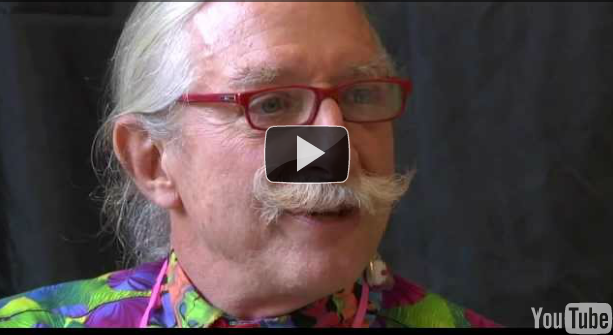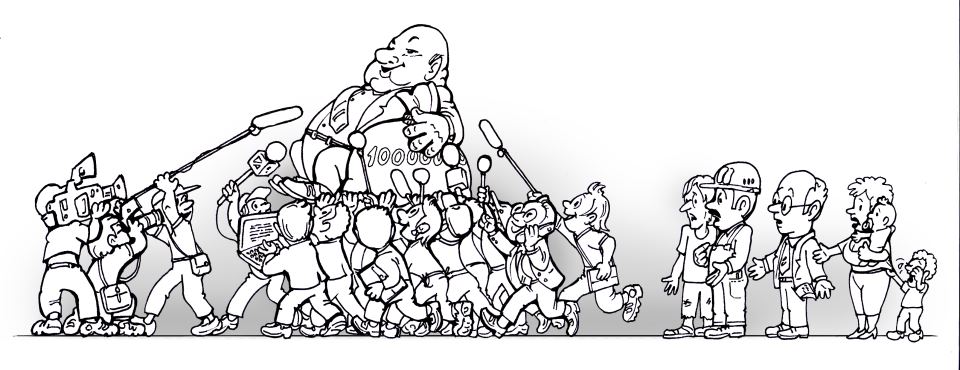

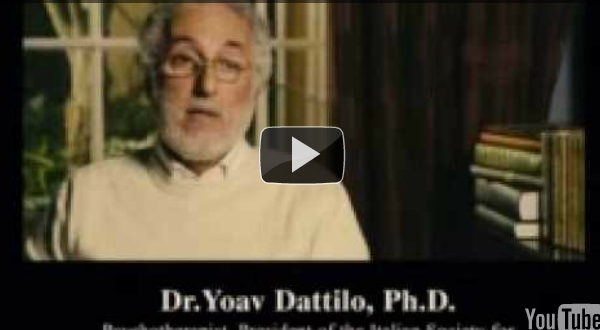
Internal Enemy
We have always been egoistically pushed forward by nature; we have always followed it blindly; in other words, we were instinctively pushed forward by our desire to keep fulfilling ourselves, and as it kept manifesting in us, we strove towards wealth, fame, power, knowledge—anything at all. As a result, we have reached certain satiety, and our egoism has come to a dead end; we cannot even say that it keeps growing. On one hand, there is a certain line of reevaluation of our values: “Is it right to continue to strive towards the attainment of fame, knowledge, wealth, and power? Is this the meaning of our development?” On the other hand, we see that our dependence on each other forces us to introduce some other international economic formulas, which must take our interdependence into consideration, in other words, if I will suffer, you will also suffer, no matter how egoistic it now appears to be. Even today, I still try to build my happiness on the suppression of others, base my power on being stronger than others, and by collecting more. We must take the integration of the world into consideration. And if we do not correspond to this integration, we will not be able to understand the way we are supposed to advance in accordance with the world and nature. Today we feel nature’s challenge, its pressure on us with the only purpose of making us gradually begin to change ourselves to become like it. This has never happened before. If we were to look at it from an ontological perspective, we would see that nature has always...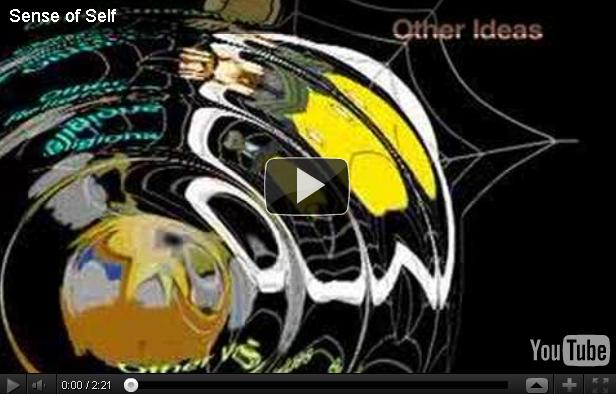
Sense Of Self
If our interconnected universe is continually expanding, shouldn’t our identity do the same? In this short, entertaining video, we look at the dynamics that promote and inhibit our expanding sense of self. Created by Global MindShift and Kenji...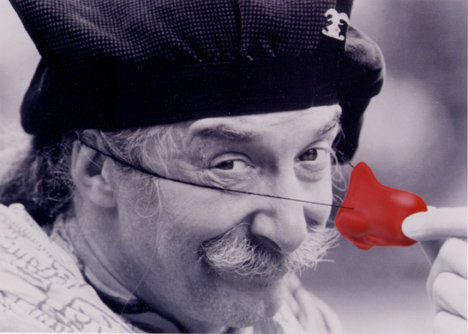
Ego: Playing an Altruistic Game
There is little point in discussing how each of us should change since everyone is shaped by one’s immediate environment—family, school, and society. If, however, we begin to act as if we are playing a fun game called “altruism,” it will become the most engaging game we have ever played, a life-changing one. It will be so much fun that we will gladly dedicate all our free time to building a good environment, founded on mutual responsibility. Our egos will gladly join the game because all the ego cares about is feeling good. Indeed, it is easy to change when motivated by each other’s support. We need only agree to mutual responsibility. This is our “red carpet” to the future we all desire, a life of balance, peace, prosperity, and security. Responsibility is an ability to choose how we respond to our egoism, and at this stage in our individual and collective evolution, we are required to start using it to serve our common interest. A question may arise: If it is so easy, why haven’t we done this before? The truth is that our egoism has been evolving, and until now, we couldn’t recognize its magnitude and how far it is willing to push us in pursuit of pleasure. We convinced ourselves that the ego helps us advance through competition and winning, and that it drives progress, both personal and collective. We did not regard it as destructive. Yet, look at how we’ve grown apart. We are separated, alienated, and engrossed in self-entitlement. We never dreamed that this would lead us to the devastating destruction that we are witnessing today. Only now are...